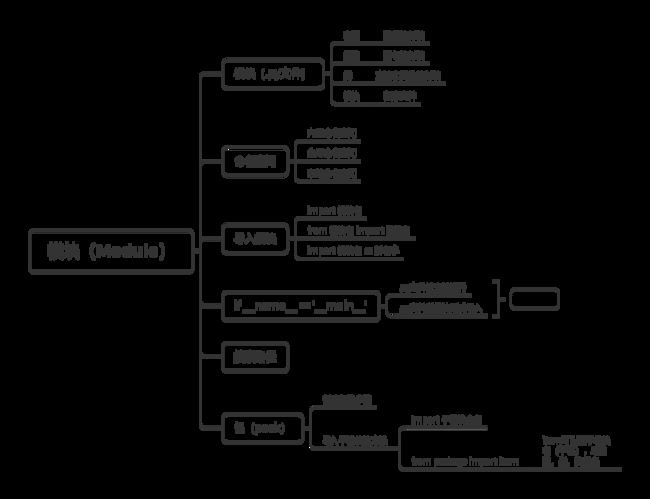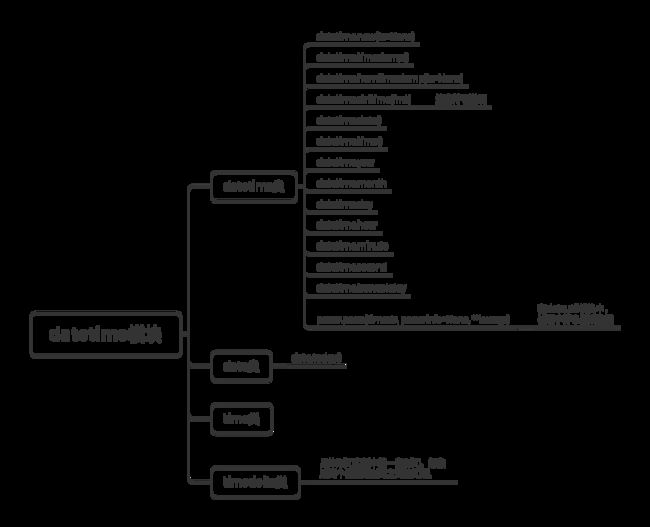Task08模块与datetime模块
模块与datetime模块
15.模块
练习
- 怎么查出通过 from xx import xx导⼊的可以直接调⽤的⽅法?
通过查看该模块的文档doc,使用方法如下:
from xx import xx
print(xx.__doc__)
或者用help语句
from xx import xx
help(xx.xx)
- 了解Collection模块,编写程序以查询给定列表中最常见的元素。
题目说明:
输入:language = [‘PHP’, ‘PHP’, ‘Python’, ‘PHP’, ‘Python’, ‘JS’, ‘Python’, ‘Python’,‘PHP’, ‘Python’]
输出:Python
"""
Input file
language = ['PHP', 'PHP', 'Python', 'PHP', 'Python', 'JS', 'Python', 'Python','PHP', 'Python']
Output file
Python
"""
def most_element(language):
""" Return a list of lines after inserting a word in a specific line. """
# your code here
模块如下:
#Collection模块
def most_element(language):
""" Return a list of lines after inserting a word in a specific line. """
m = 0
n = 0
for i in language[0:len(language)]:
for j in language[0:len(language)]:
if i == j :
m += 1
if m >= n :
n = m
shuchu = i
return shuchu
调用Collection模块
from Collection import most_element
language = ['PHP', 'PHP', 'Python', 'PHP', 'Python', 'JS', 'Python', 'Python','PHP', 'Python']
print(most_element(language))
16.datetime模块
练习
1、假设你获取了用户输入的日期和时间如2020-1-21 9:01:30,以及一个时区信息如UTC+5:00,均是str,请编写一个函数将其转换为timestamp:
题目说明:
"""
Input file
example1: dt_str='2020-6-1 08:10:30', tz_str='UTC+7:00'
example2: dt_str='2020-5-31 16:10:30', tz_str='UTC-09:00'
Output file
result1: 1590973830.0
result2: 1590973830.0
"""
def to_timestamp(dt_str, tz_str):
# your code here
pass
2、编写Python程序以选择指定年份的所有星期日。
题目说明:
"""
Input file
2020
Output file
2020-01-05
2020-01-12
2020-01-19
2020-01-26
2020-02-02
-----
2020-12-06
2020-12-13
2020-12-20
2020-12-27
"""
def all_sundays(year):
# your code here

